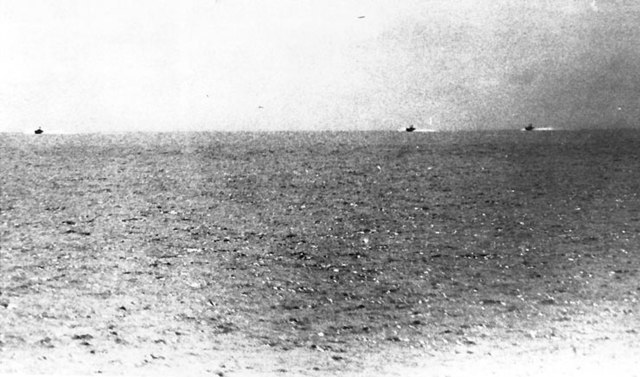The Vietnam War, which took place from 1955 to 1975, was a complex and highly controversial conflict that had profound political, social, and cultural implications. It is often remembered for its divisiveness, the anti-war movement it sparked, and its impact on the United States and Vietnam. Here is an exploration of the Vietnam War, focusing on its conflict and controversy:
1. Background and Causes:
- The Vietnam War had its roots in the struggle for independence of Vietnam from French colonial rule. After World War II, Vietnam was divided into North Vietnam (communist) and South Vietnam (non-communist) along the 17th parallel. The conflict emerged as the North sought to reunify the country under communist rule, while the South resisted.
2. The Gulf of Tonkin Incident (1964):
- The Gulf of Tonkin Incident was a pivotal moment that led to increased U.S. involvement in Vietnam. The incident involved reported attacks on U.S. Navy ships by North Vietnamese forces. In response, Congress passed the Gulf of Tonkin Resolution, granting President Lyndon B. Johnson broad authority to use military force in Vietnam.

3. Escalation and U.S. Involvement:
- The U.S. escalated its involvement in Vietnam, deploying more troops and conducting a massive bombing campaign. The use of chemical agents like Agent Orange and napalm became highly controversial.
4. Controversial Tactics:
- The war was marked by controversial military tactics, including the use of search-and-destroy missions, strategic hamlets, and free-fire zones. These tactics often had a devastating impact on civilians and fueled opposition to the war.
5. Anti-War Movement:
- The Vietnam War sparked a massive anti-war movement in the United States. Protests, demonstrations, and acts of civil disobedience became common, with activists calling for an end to the war and the withdrawal of U.S. troops.
6. Media Coverage:
- The Vietnam War was the first war to be extensively covered by the media. Graphic images and news reports from the frontlines brought the realities of the war into American living rooms, further polarizing public opinion.
7. Draft and Opposition:
- The military draft, which conscripted young men to serve in the war, faced widespread opposition. Many young people resisted the draft, and draft dodging and protests became common.
8. Impact on Soldiers:
- The war had a profound impact on the mental and physical well-being of soldiers. The experiences of Vietnam veterans, including post-traumatic stress disorder (PTSD), were often overlooked or stigmatized.
9. Tet Offensive (1968):
- The Tet Offensive was a massive coordinated attack by North Vietnamese forces on cities and towns throughout South Vietnam. Although it was ultimately a military defeat for the North, it had a significant psychological impact and eroded support for the war in the United States.
The Vietnam War remains a deeply contentious and emotional subject, reflecting the deep divisions it created in American society and the lasting impact it had on those who experienced it. It is a war that continues to be the subject of debate, reflection, and ongoing efforts to understand its complexities and consequences.











